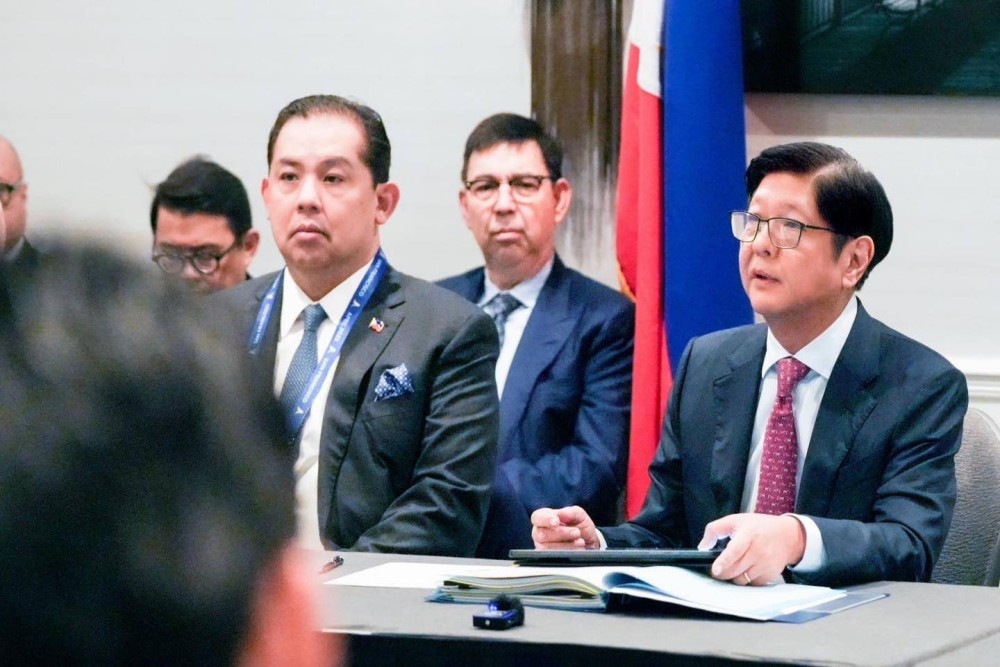THE Marcos Administration remains committed to creating a favorable business environment to attract both local and foreign investments in the country, aiming to generate more high-quality employment opportunities.
The National Economic and Development Authority (NEDA) made the statement following the release today (March 8) of the Labor Force Survey (LFS) results for January, which showed an improvement in unemployment and underemployment rates.
The Philippine Statistics Authority (PSA) reported that the country recorded an unemployment rate of 4.5 percent in January 2024, which is lower than the 4.8 percent registered in the same month last year. The country’s underemployment rate in January 2024 was recorded at 13.9 percent, lower than the 14.1 percent reported in January 2023.
"The government sustains its push to attract more job-generating investments by creating an enabling policy and regulatory environment. At the same time, linkages between industry, the academe, and the public sector will be strengthened to address skill mismatches in the labor market,” said NEDA Secretary Arsenio M. Balisacan.
However, the PSA also revealed that the labor force contracted during the survey period. The overall labor force participation rate for January 2024 declined to 61.1 percent from 64.5 percent in January 2023, translating to about 1.6 million fewer individuals in the labor force. Most of the contraction was recorded among women (-1.3 million), the youth cohort (-1.0 million), and junior high school graduates (-652,000).
The top reasons cited for not joining the labor force are household duties, age-related restrictions, such as being too young/old or having a permanent disability, and schooling. The return to onsite work has limited women’s participation to 49.3 percent from 53.7 percent in January 2023. Similarly, completely on-site schooling has brought the youth LFPR down to 29.6 percent from 34.8 percent in the same period last year.
“We will remain responsive to the needs of vulnerable groups, including women, youth, older individuals, and those with disabilities. Our existing policy framework governing alternative work arrangements will be revisited,” Balisacan said.
He further emphasized, “Our pursuit of policies will be adaptive to the responsibilities of female workers and the evolving work landscape, with a focus on supporting the vulnerable, including those in the creative sector.”
The country’s chief socioeconomic planner anticipates the implementation of more positive and transformative employment programs following the approval of the implementing rules and regulations or IRR of the “Trabaho Para sa Bayan” (TPB) Act on March 5, 2024.
Signed by President Ferdinand Marcos Jr. in September 2023, the law aims to promote the employability, competitiveness, and productivity of workers, and to address issues such as unemployment and underemployment.
Under the TPB Act, an Inter-Agency Council will be created, with NEDA as the Chair, DOLE and DTI as co-chairpersons, and DOF, DBM, DILG, and TESDA as members. It will also include representatives from employers’ organizations, labor organizations, marginalized or vulnerable groups, and informal sectors.
Balisacan highlighted the significance of the upcoming Inter-Agency Council, stating, “The diverse perspectives from council members will expedite decision-making regarding improving working conditions across industries, promoting upskilling and reskilling, and creating high-paying employment opportunities for all.”


